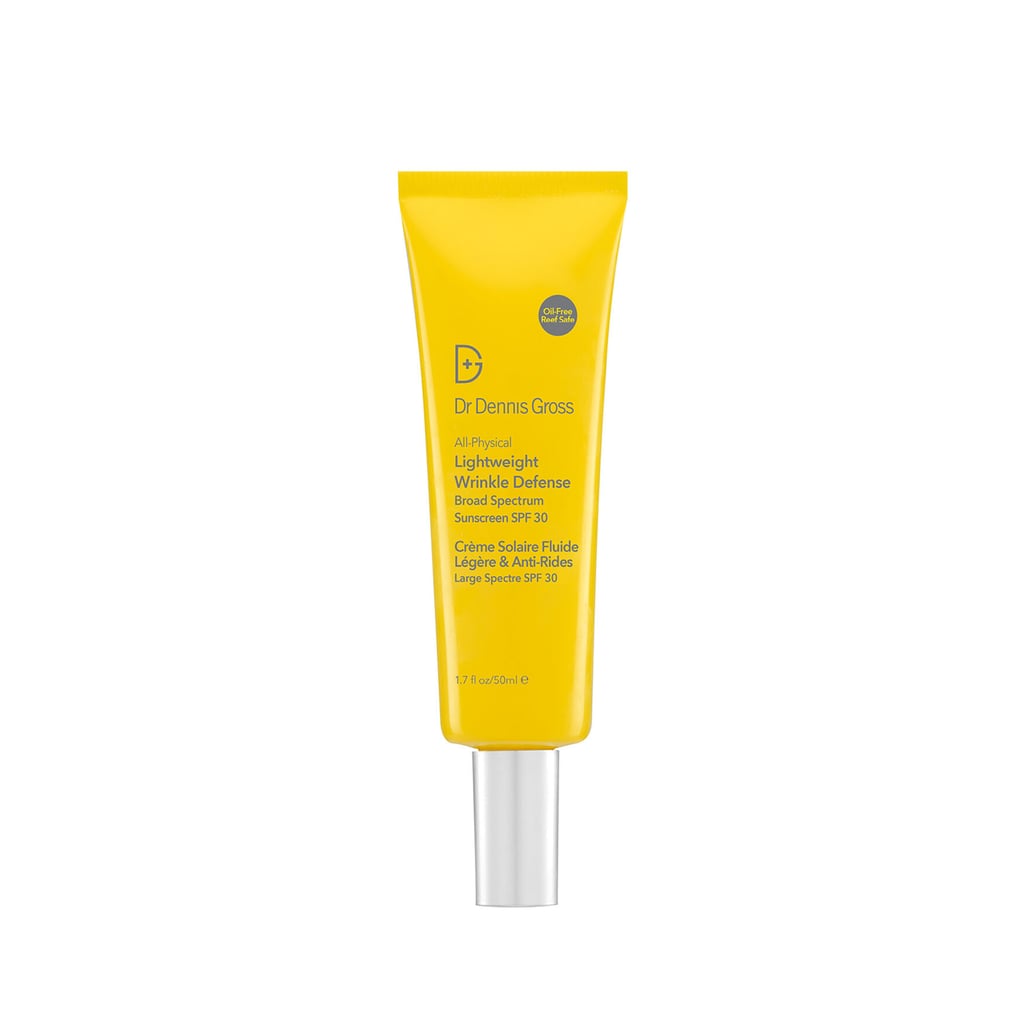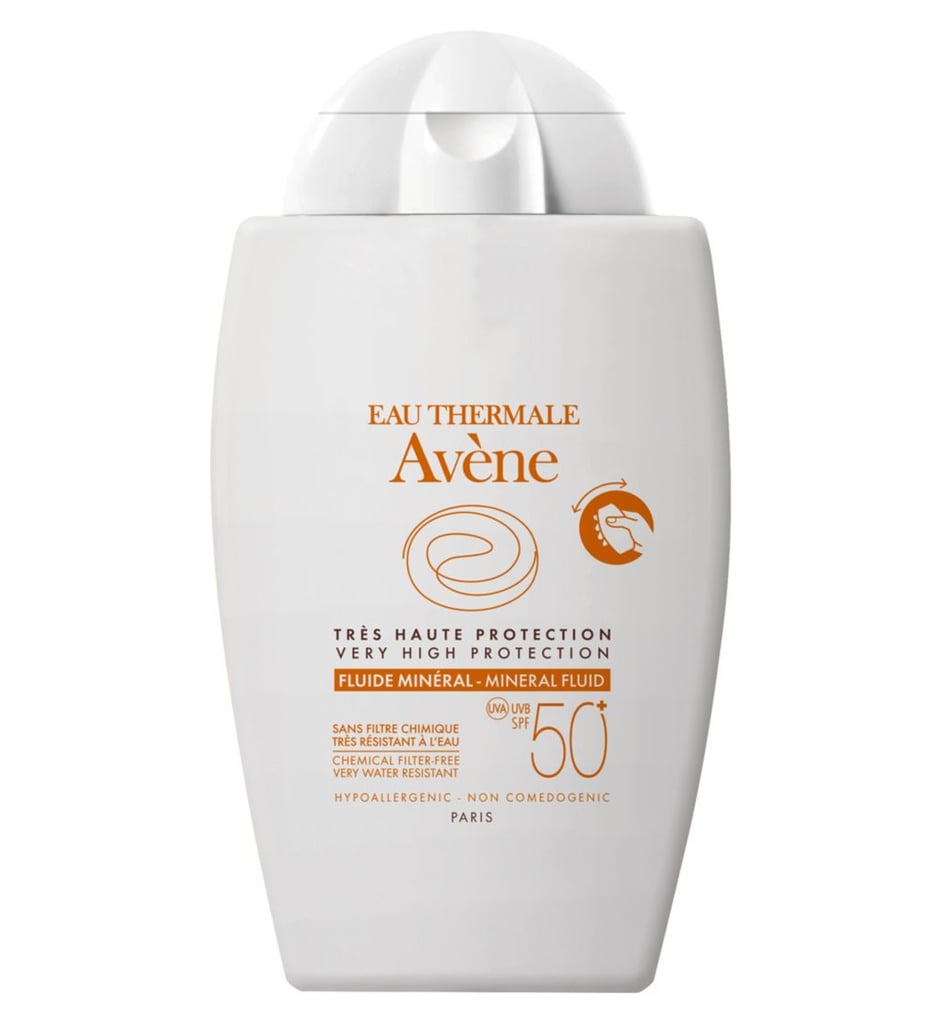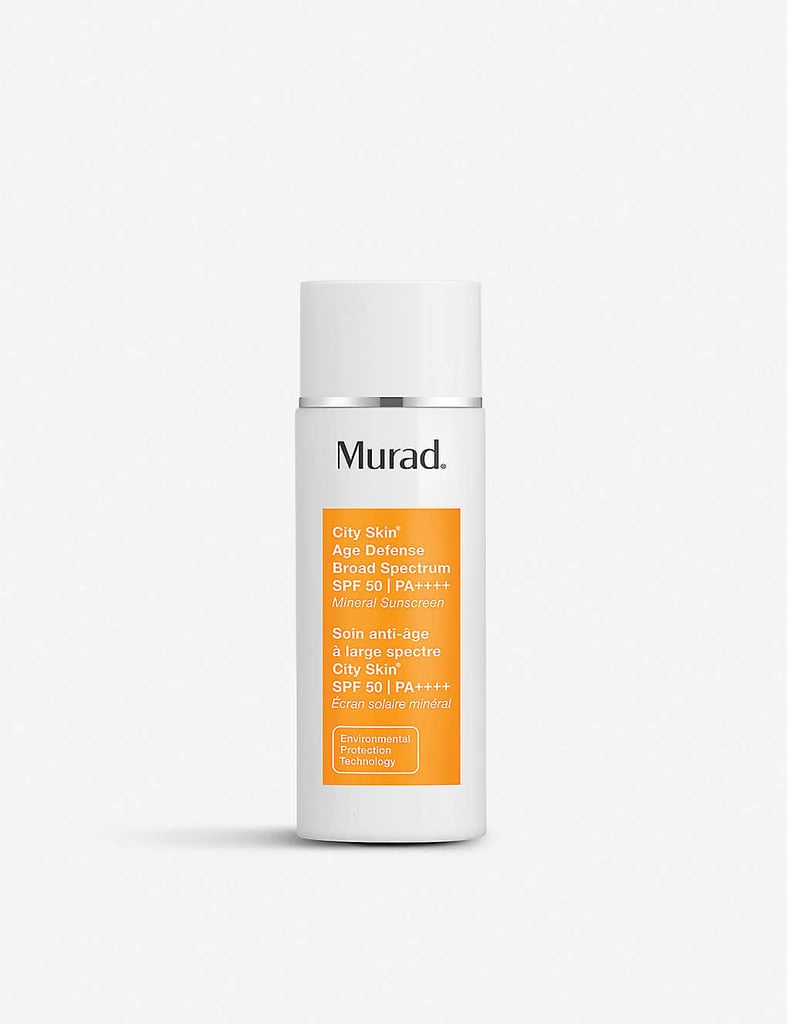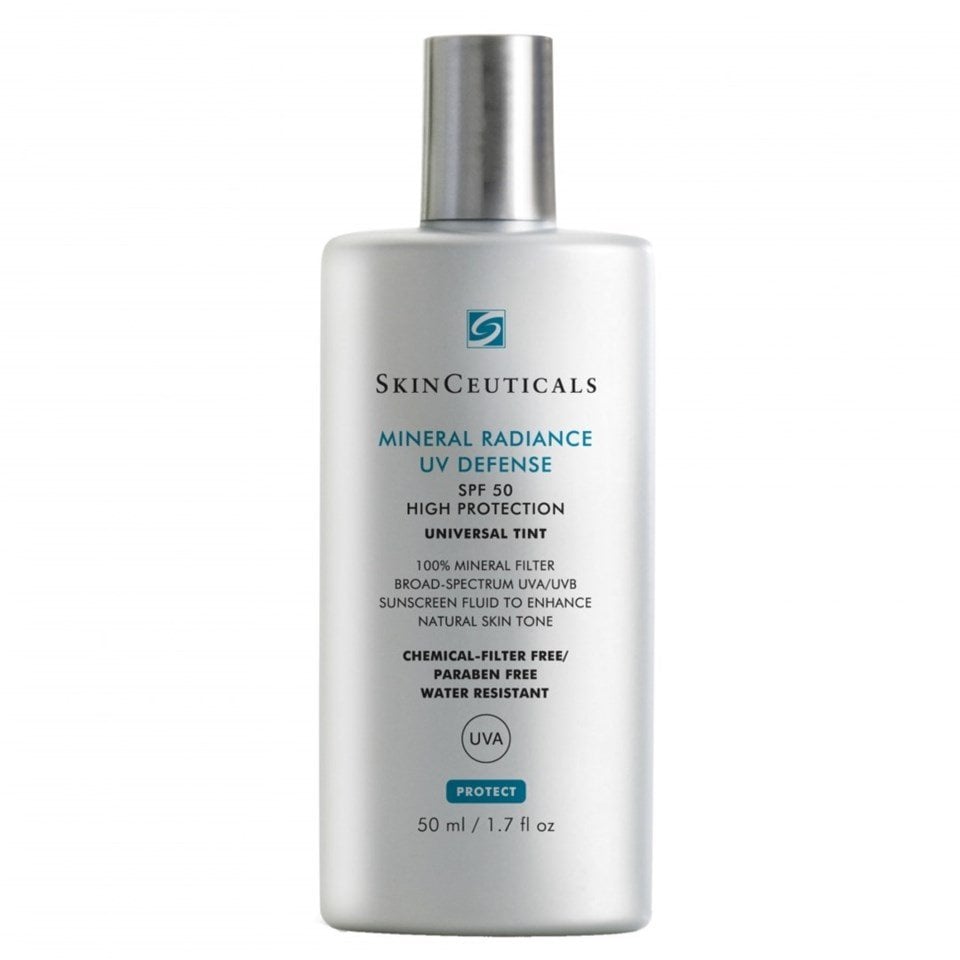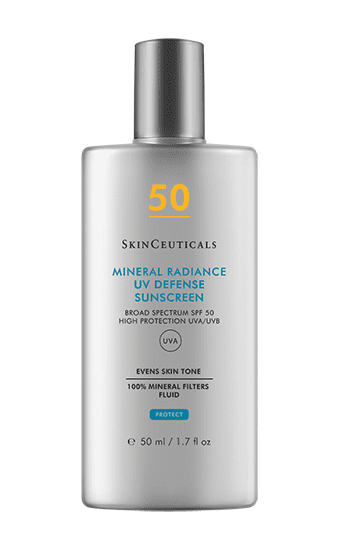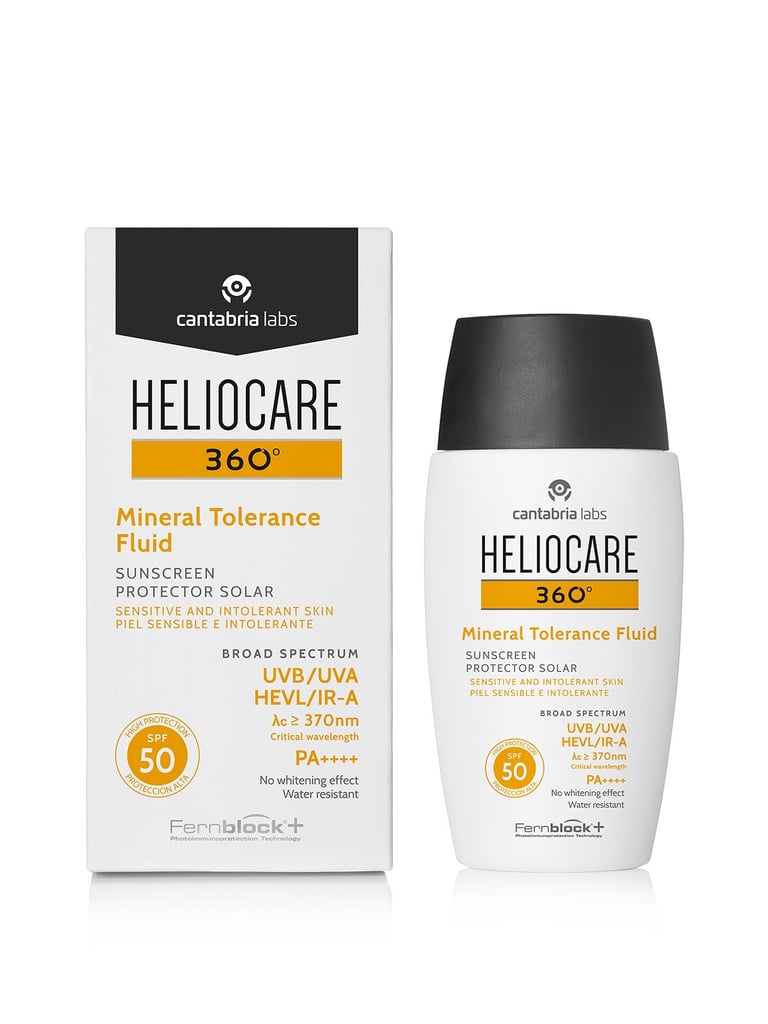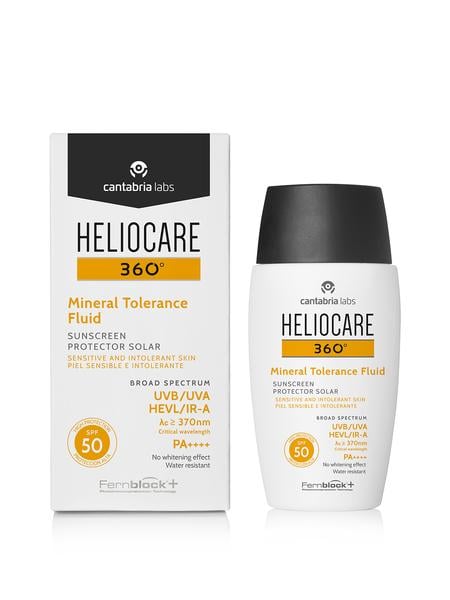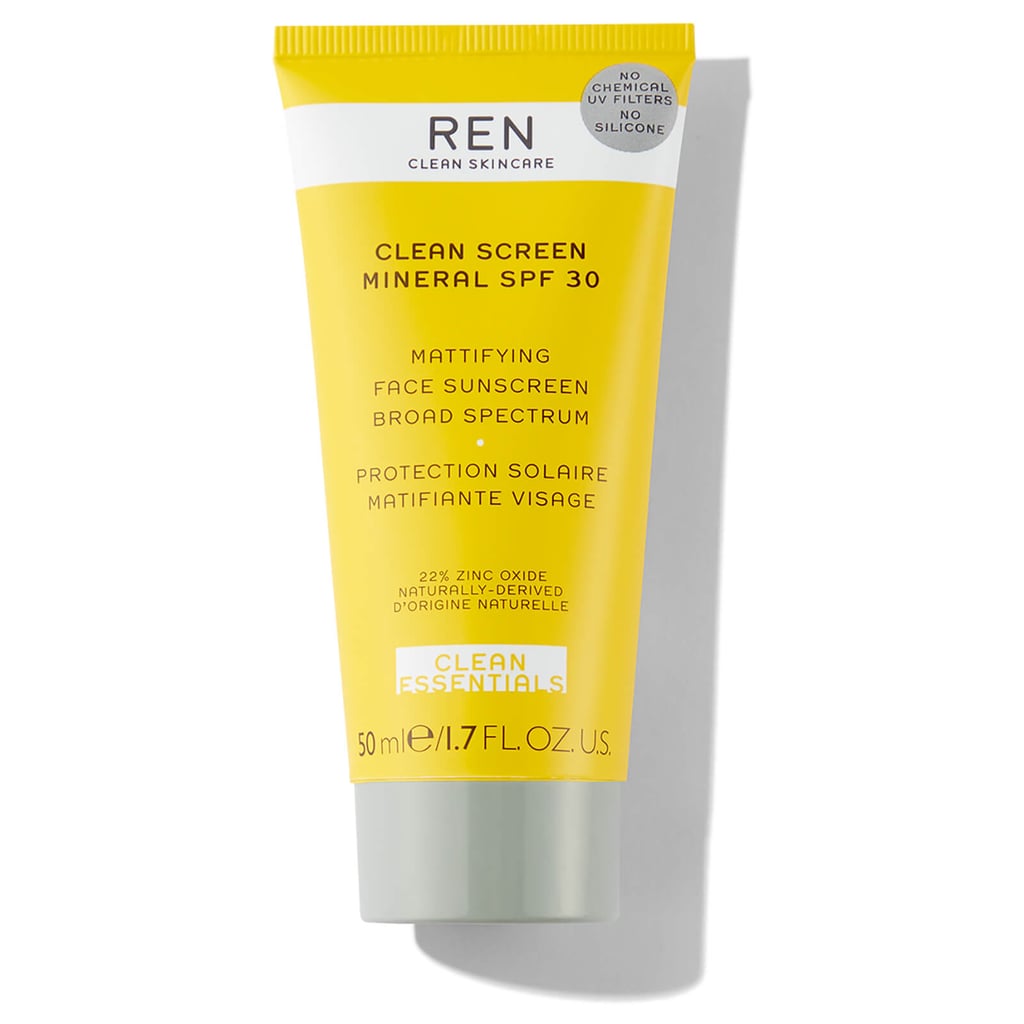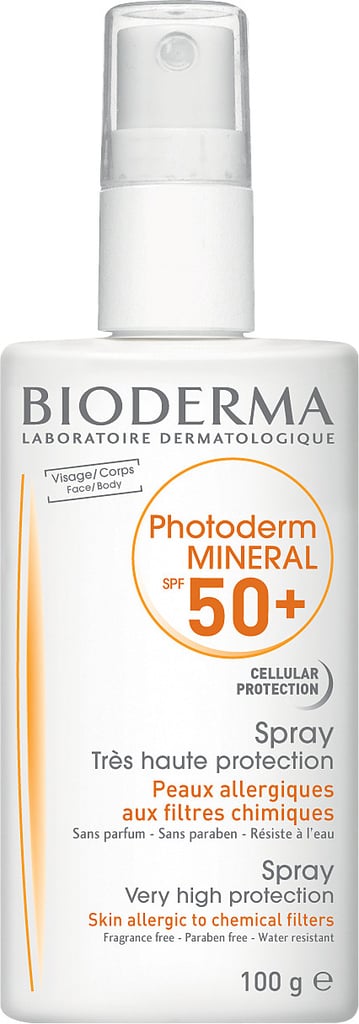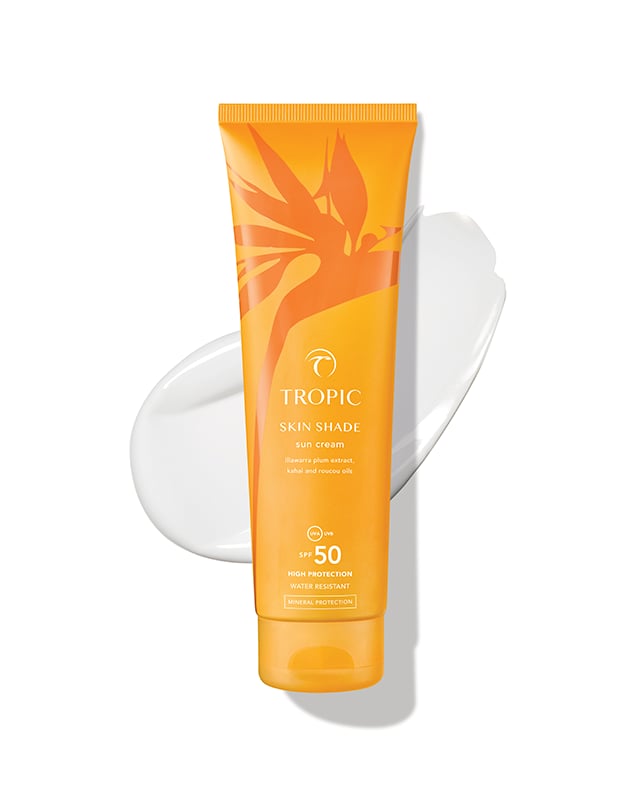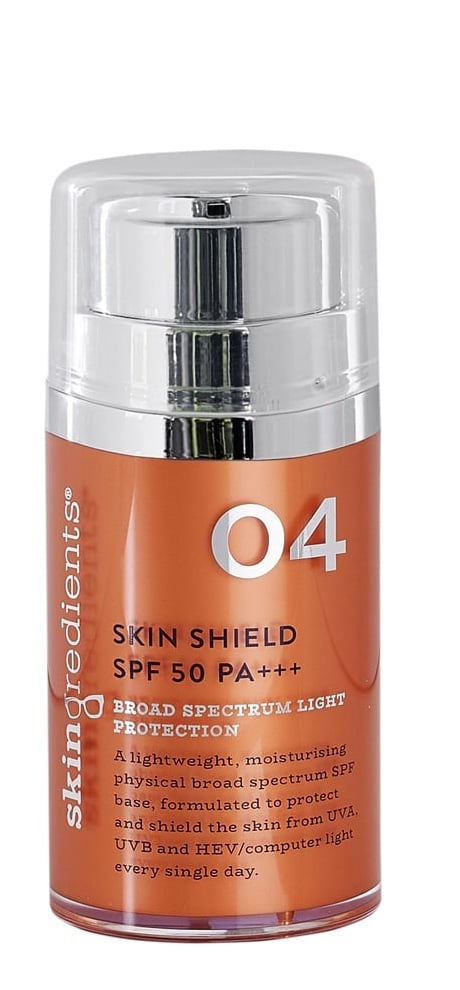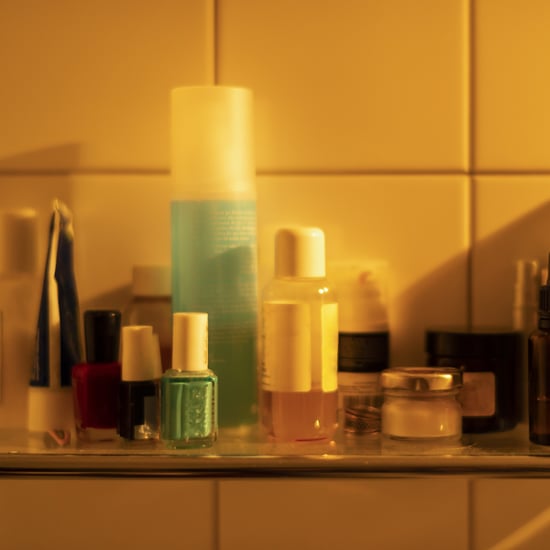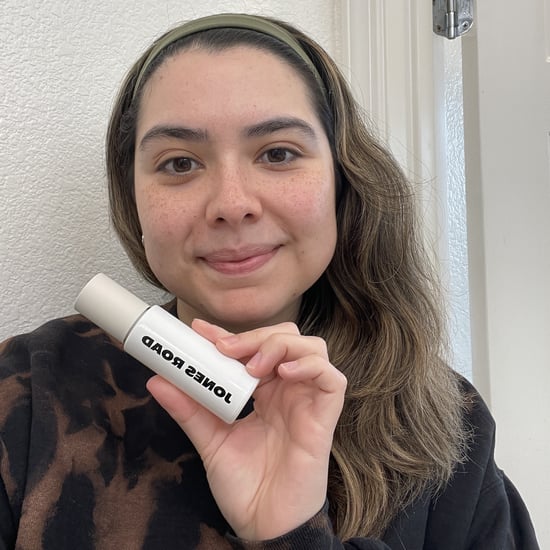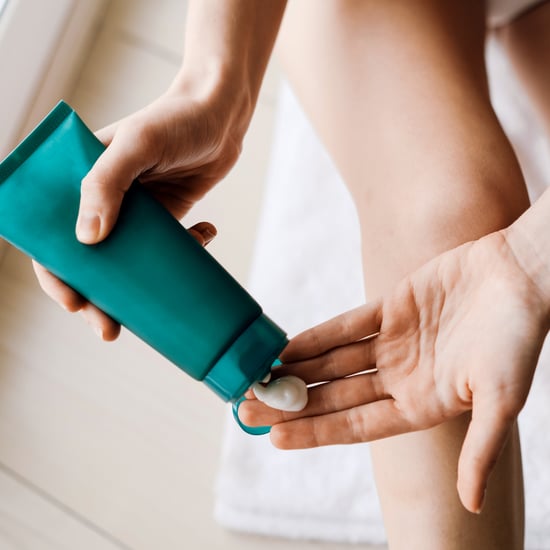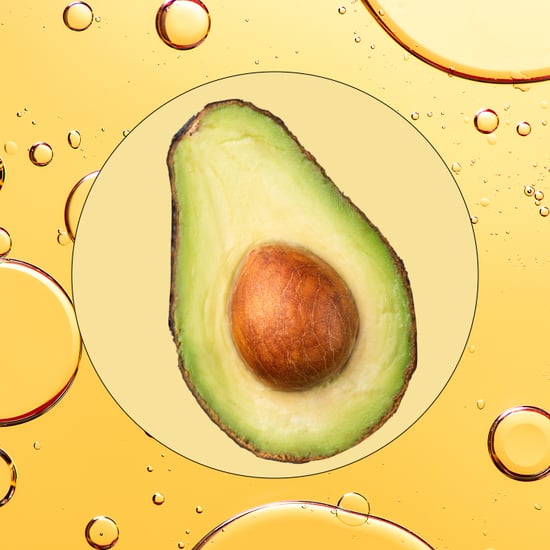The Best Mineral, Physical Sunscreens For All Skin Types
The Most Elegant Mineral Sunscreens on the Market, According to Experts

As POPSUGAR editors, we independently select and write about stuff we love and think you'll like too. If you buy a product we have recommended, we may receive affiliate commission, which in turn supports our work.
Mineral sunscreens (also known as physical sunscreens) are notorious for leaving a white cast and not sitting well under makeup, but with new products coming out and old favourites being reformulated, there are far more options out there. Since sunscreen really is the most important skin-care product out there — protecting against UVA and UVB damage, which reduces the risk of skin cancer and also skin ageing — it's well worth the trial and error to find the perfect one for you. Having said that, we want to take some of that error and guesswork out of your search, which is exactly why we've quizzed the dermatologists on all you need to know about mineral sunscreen.
The main difference between mineral and chemical sunscreens is that mineral formulas contain ingredients such as titanium dioxide or zinc oxide, which sit on top of the skin (which is why they're often thicker and more prone to leaving a white cast) and deflect UV light, thus protecting you from the sun. "Physical sunblocks block the sun's rays from getting into the skin altogether, like a coat of armour, because the zinc oxide prevents the rays from even entering past the barrier," said Dennis Gross, MD, board-certified dermatologist and founder of Dr Dennis Gross Skincare.
Chemical sunscreens, on the other hand, contain ingredients such as oxybenzone, avobenzone, octisalate, octocrylene, and octinoxate, which sink into the skin and absorb and detract the sun's rays. "Chemical sunscreens have ingredients that penetrate into the skin and bond with the sun's UV rays, transforming them into heat that is then released back out of the skin," said Orit Markowitz, MD, board-certified dermatologist, and director of Pigmented Lesions and Skin Cancer at Mount Sinai.
The choice of whether you want to use a physical or chemical sunscreen is up to you and depends a lot on your personal preferences and skin type.
"These days, most chemical sunscreens are low irritation", said London-based consultant dermatologist Dr Mary Sommerlad. However, some people with conditions such as rosacea find the ingredients in chemical sunscreens irritating, making mineral ones a better option. Due to the ingredients necessary in creating a mineral sunscreen and the nature of the product sitting on the skin, people with darker skin tones often find that a white (or even blueish) cast can be left behind. Although formulations these days have been developed to reduce the white cast as much as possible, there are still some products that unfortunately do leave residue.
When it comes to sunscreen, the bottom line is, find one (ideally with SPF 30 and UVA and UVB protection) that you actually enjoy applying, and stick to it! The main takeaway is that you apply it regularly to stay protected. To narrow down the list of the most elegant mineral sunscreen formulations (so, the ones that don't leave you looking like a ghost), we asked top dermatologists and consulted our editors to come up with a list of the best mineral sunscreens to use ahead.
Dr. Dennis Gross All Physical Lightweight Wrinkle Defense SPF 30
Dr. Dennis Gross All Physical Lightweight Wrinkle Defense SPF 30 (£46) is a new broad-spectrum, oil-free formula that's silky, lightweight, and doesn't leave behind a white cast. The secret is in the formulation, which uses non-nano zinc oxide (meaning the particles are a bit bigger), that's blended with antioxidants like lingonberry, sea buckthorn, ferulic acid, and bearberry, all of which help add another element of protection for your skin. What we really love about this facial sunscreen, however, is that it works a treat under makeup. While it starts out shiny, after a minute that shine dissipates, and it's not the least bit sticky or greasy, meaning it won't disrupt your foundation or concealer, or cause it to pill.
Avène Very High Protection Mineral Fluid SPF50+
Dr Joyce Imahiyerobo-Ip, CEO of Vibrant Dermatology and Skin Bar MD in Greater Boston, MA, describes the Avène Very High Protection Mineral Fluid SPF50+ (£18.50) as being "cosmetically elegant for skin of colour." She noted that it goes on completely sheer, even on darker skin tones.
Murad City Skin Age Defense Broad Spectrum SPF 50
If you have a bigger budget, Dr Mary Sommerlad recommended the Murad City Skin Age Defense Broad Spectrum SPF 50 (£60) for sensitive skin. The formula is lightweight with a slight peach tint, is fragrance-free (which can be good for people with extrasensitive skin), and doesn't leave a white cast for most people.
Skinceuticals Mineral Radiance UV Defense SPF 50
Skinceuticals Mineral Radiance UV Defense SPF 50 (£41) is also another good option for sensitive skin types, according to Dr Sommerlad. It's lightweight, suitable for all skin types, and is slightly tinted. Although this SPF works well under makeup, it does leave a slight white cast.
Heliocare 360° Mineral Tolerance Fluid
Heliocare 360° Mineral Tolerance Fluid (£31) is a personal favourite of mine. The light fluid formula works incredibly well underneath my makeup, and although it has a slight white hue to begin with, it does dry down sheer. It's one of the few sunscreens that doesn't cause my rosacea-prone skin to have a reaction and one I continually come back to. Bonus points because it's water-resistant.
Ren Clean Skincare Clean Screen Mineral SPF 30
Dr Sommerlad also rated the Ren Clean Skincare Clean Screen Mineral SPF 30 (£32). Great for oilier skin types, this formula dries down to a matte finish, which is ideal for the summer months. It's also slightly fragranced if you like to avoid that classic sunscreen scent. However, this formula takes quite a lot of effort to blend into the skin to avoid a white cast.
Bioderma Photoderm Mineral Spray SPF50+
"The Bioderma Photoderm Mineral Spray SPF50+ (£17) is my recommendation for a fragrance-free mineral sunscreen for clients with very sensitive skin," Dr Catherine Borysiewicz, consultant dermatologist at London's Cadogan Clinic, told POPSUGAR. The formula comes in a handy spray bottle (but be sure to still use enough!) and is water-resistant. It's also on the slightly more affordable end of the mineral sunscreen market.
Tropic Skin Shade Sun Cream
Tropic Skin Shade Sun Cream (£28) is ideal for busy days in the summer with its water- and sweat-resistant formula, which comes in three SPF ratings: 15, 30, and 50 (although, it's important to note that dermatologists only recommend wearing ratings over 30). It's particularly great for skin that's on the dry side as it does have a slight greasy texture to it.
Skingredients Skin Shield SPF 50 PA+++
The Skingredients Skin Shield SPF 50 PA+++ (£41) is an ultra lightweight SPF that has a luminous finish and a subtle peach tint to it that helps it not look white and chalky on lighter skin tones (unfortunately, dark and deep complexions may find it goes a bit gray). This smart formula also works great under makeup as it's not overly tacky or thick.

